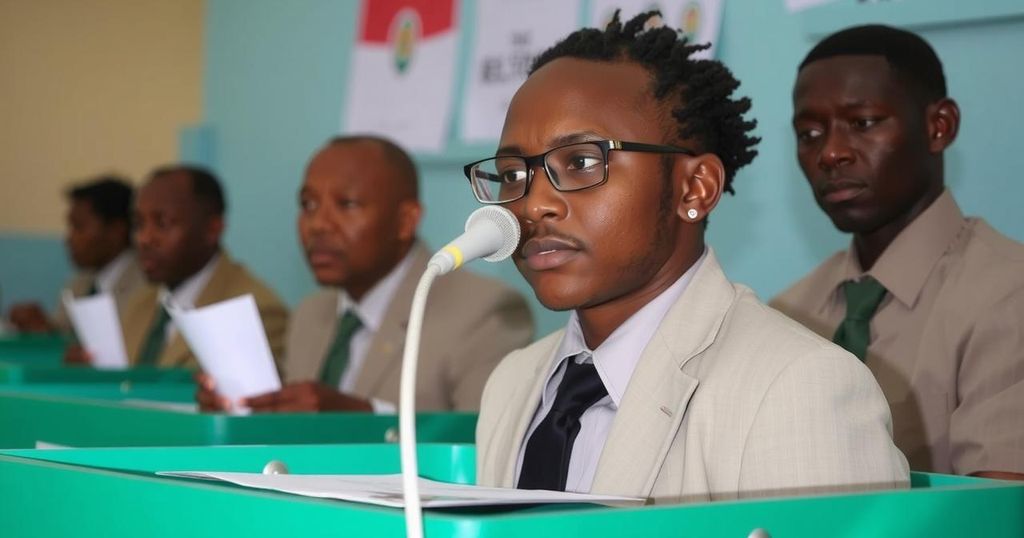The United Nations is initiating a technical committee of Libyan experts to address electoral issues and facilitate national elections, following the breakdown of the electoral process in December 2021. The committee aims to provide solutions to expedite the elections amidst longstanding political conflicts and skepticism from the populace.
The United Nations is undertaking a new initiative to address the electoral deadlock in Libya, as stated by Stephanie Koury, the acting head of the United Nations Support Mission in Libya (UNSMIL). A technical committee consisting of Libyan experts will be established to confront the contentious issues surrounding electoral laws and advance the country toward national elections. This committee aims to devise solutions to facilitate the electoral process swiftly, including suggestions for guarantees and a definitive timeline for conducting the elections.
The political landscape in Libya has been stagnant following the failed election set for December 2021, primarily due to disputes regarding the eligibility of leading candidates. Although a Government of National Unity, led by Prime Minister Abdulhamid al-Dbeibah, was initiated through a U.N.-endorsed procedure, its legitimacy has been undermined as the parliament no longer recognizes it. Dbeibah remains adamant about not relinquishing power without the holding of national elections.
Since the NATO-backed uprising in 2011, Libya has experienced persistent strife, resulting in a division between eastern and western factions, each governed by rival administrations. Despite widespread calls for elections among key political figures, many Libyans remain doubtful about the genuine intentions behind these calls, fearing that elections could result in the loss of their positions of influence.
Furthermore, UNSMIL plans to enhance efforts to unify military and security institutions in the country while also collaborating with partners to promote national reconciliation. This approach seeks to establish a more stable governance framework amidst the ongoing political turmoil in Libya.
Libya has been embroiled in conflict for over a decade, particularly following the 2011 uprising that led to the ousting of long-time leader Muammar Gaddafi. The nation has since been divided between eastern and western factions, complicating its political landscape. Attempts to hold national elections in December 2021 were thwarted due to disputes regarding candidate eligibility, exacerbating the political impasse. Various political entities have called for elections, yet skepticism among citizens regarding their intentions remains high, given the current power dynamics.
In summary, the United Nations is making a renewed effort to resolve the electoral standoff in Libya through the establishment of a committee of local experts aimed at addressing and overcoming contentious electoral issues. Amid a backdrop of protracted conflict and political division, this initiative seeks to pave the way for national elections and reinstating a legitimate governance structure while continuing to promote reconciliation and unity within Libyan armed forces and institutions.
Original Source: www.investing.com






